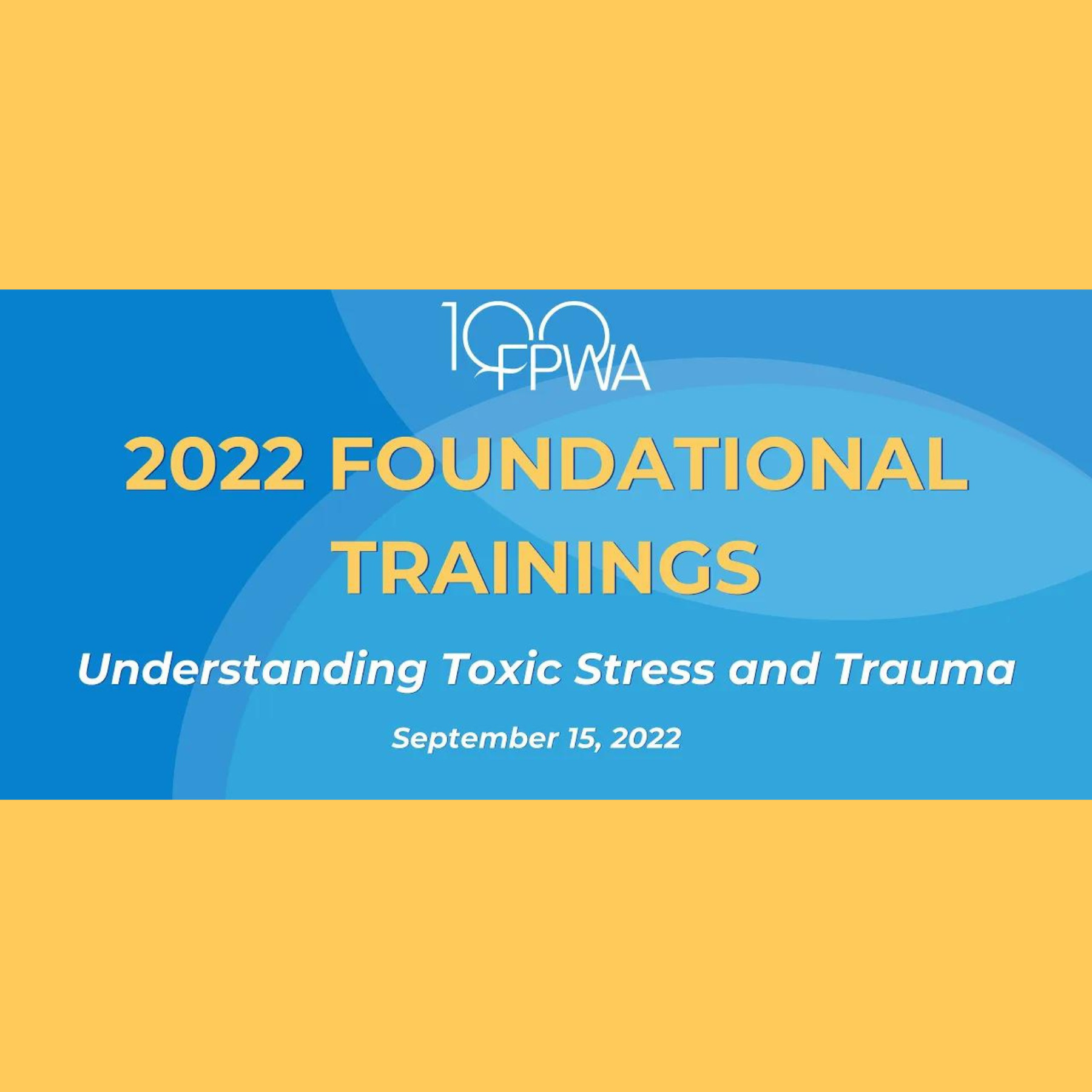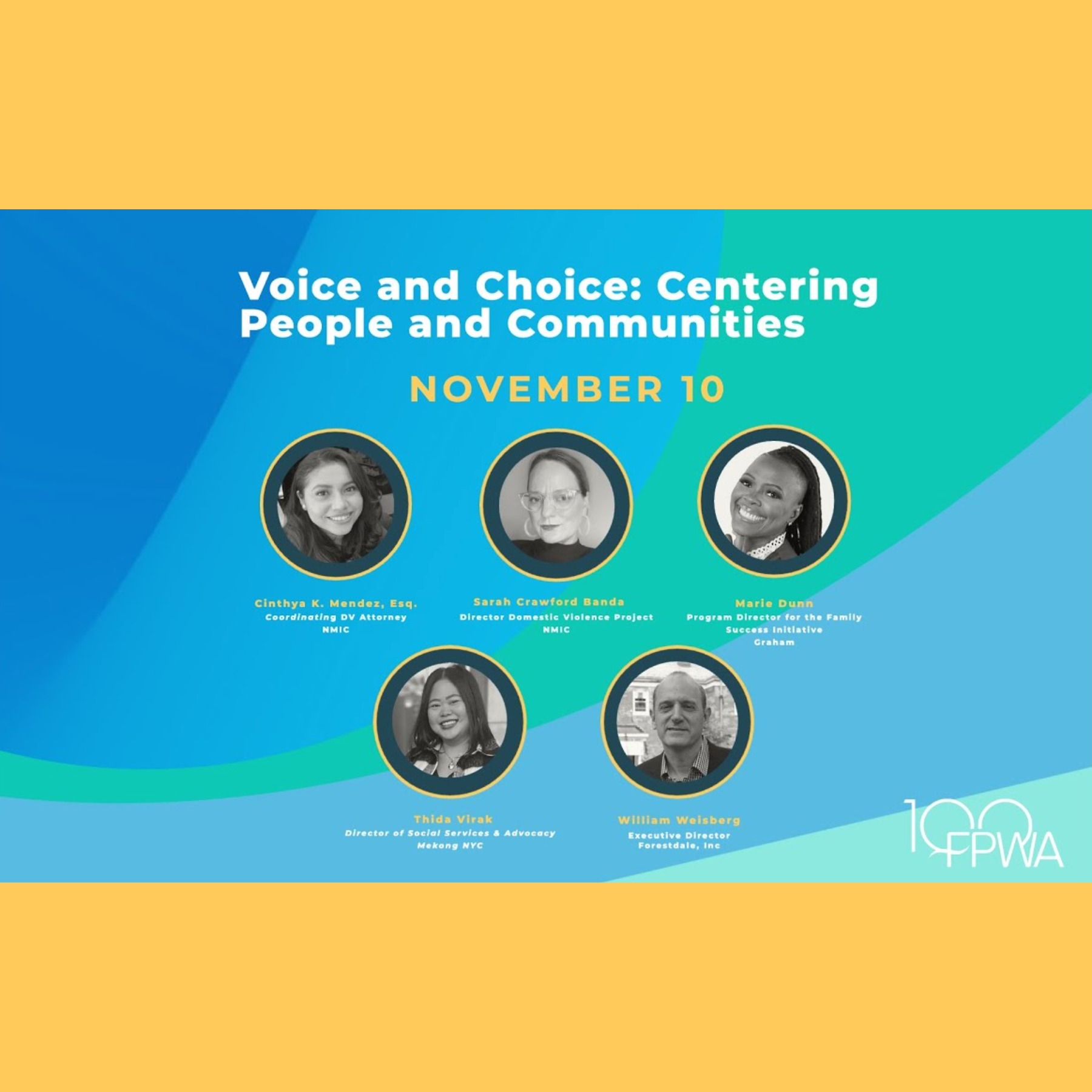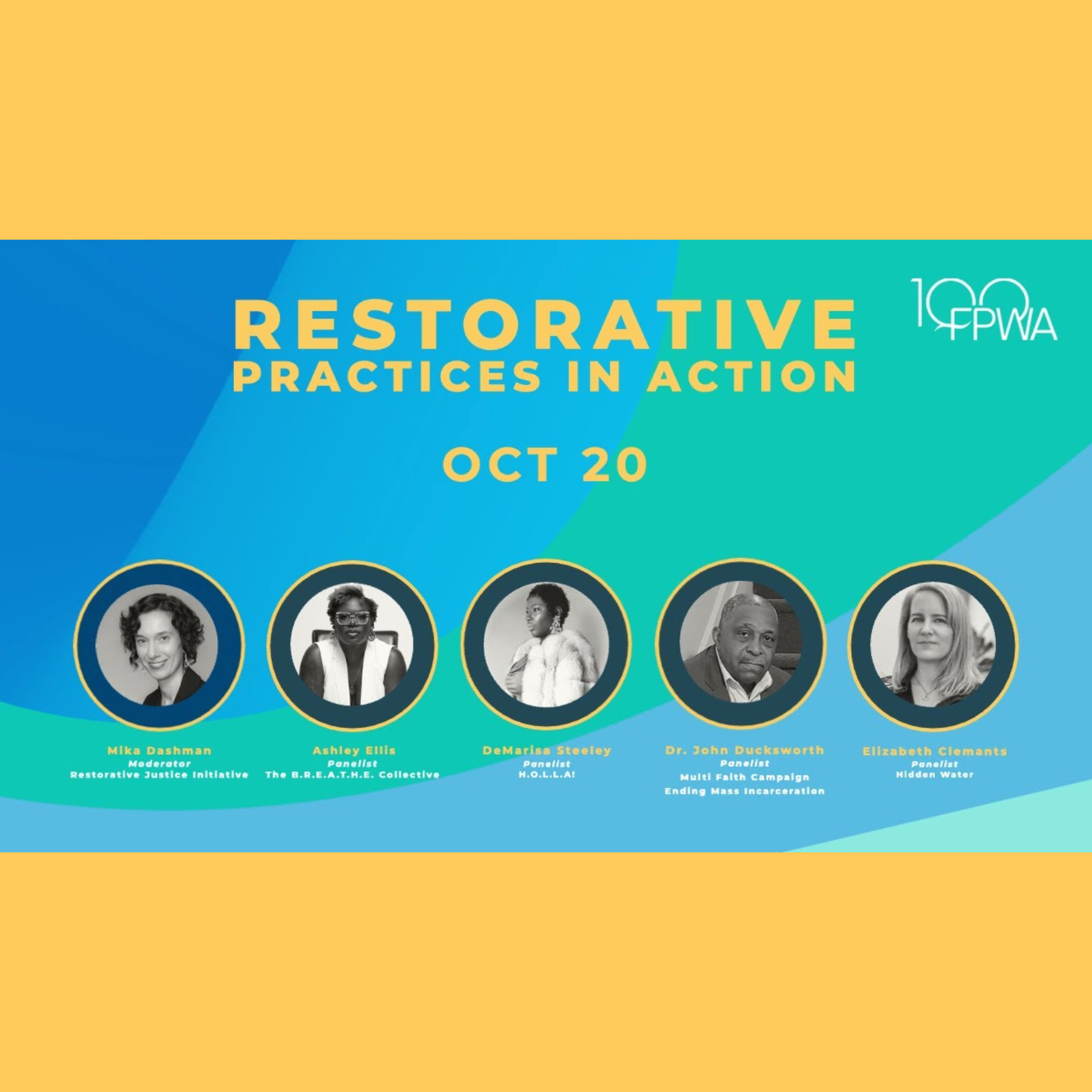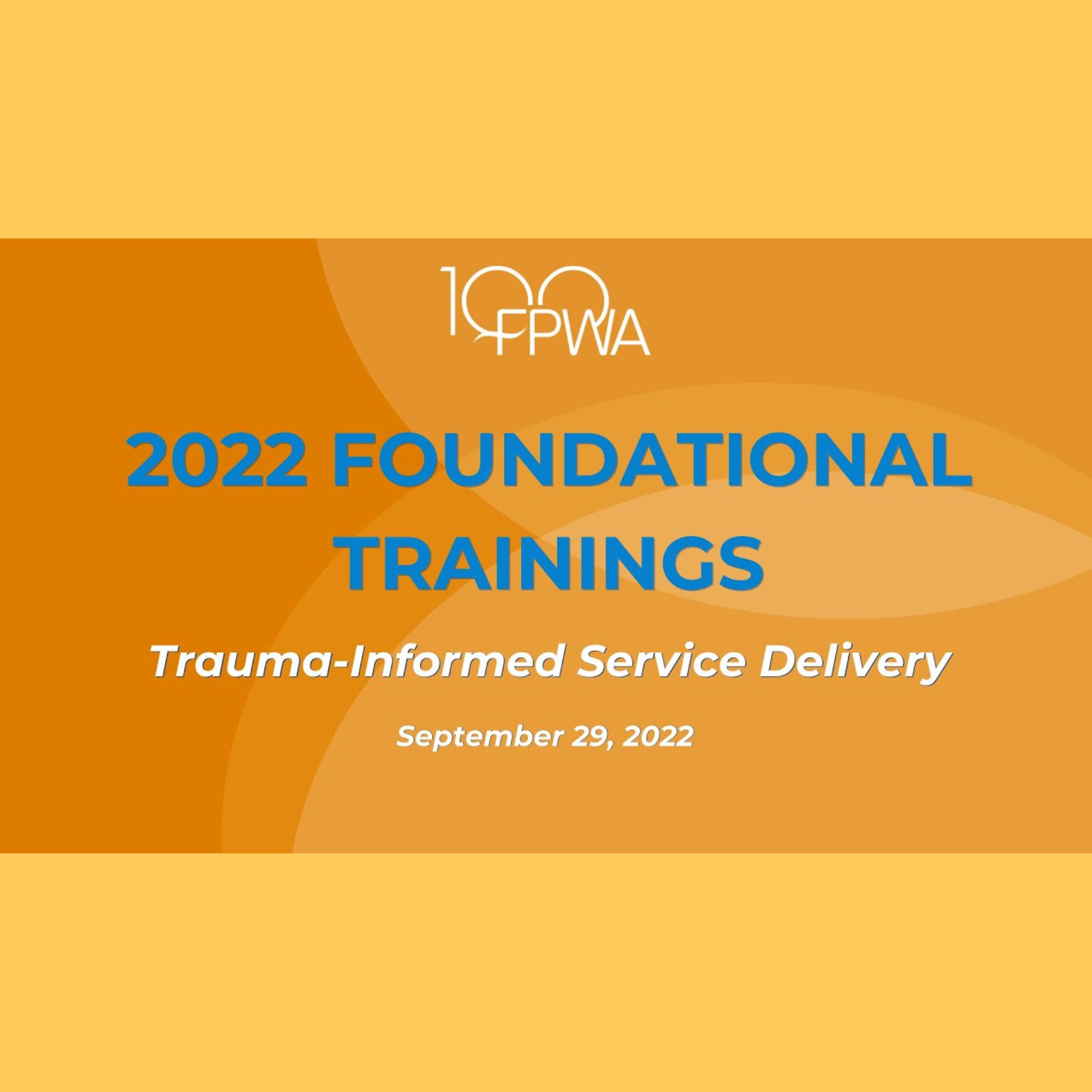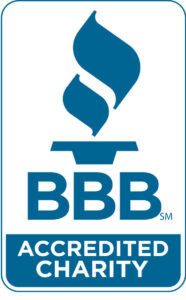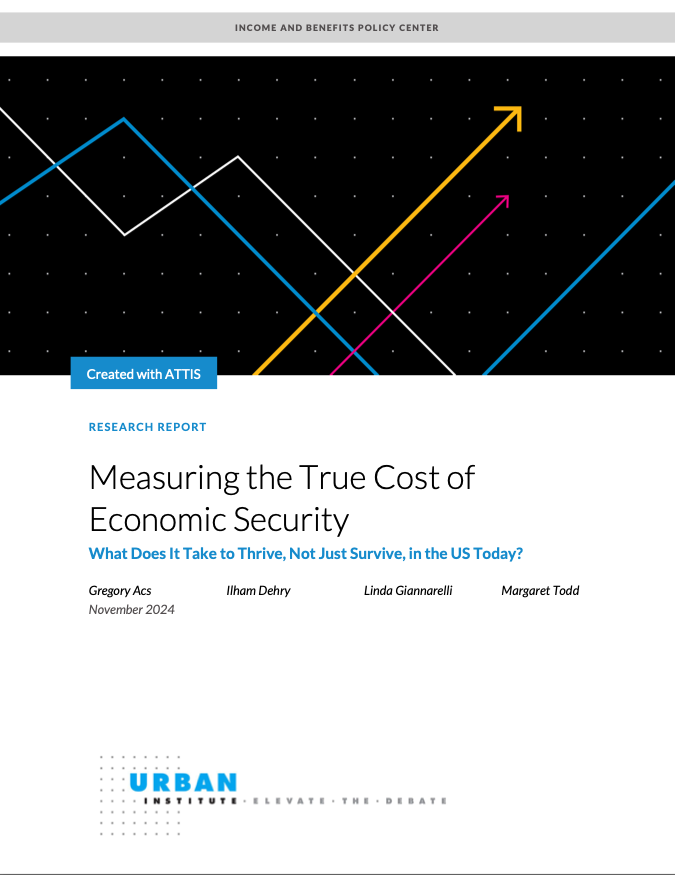Everyone experiences stress, but there is a point in which prolonged exposure to adversity can cross into trauma. Interpersonal violence, racism, systemic oppression, and/or persistent community neglect can all be experienced as traumatic and have severe and long-lasting negative effects. This training breaks down the definition and prevalence of trauma, its impact on a person’s brain, body, and behavior, and effective approaches to address it.

